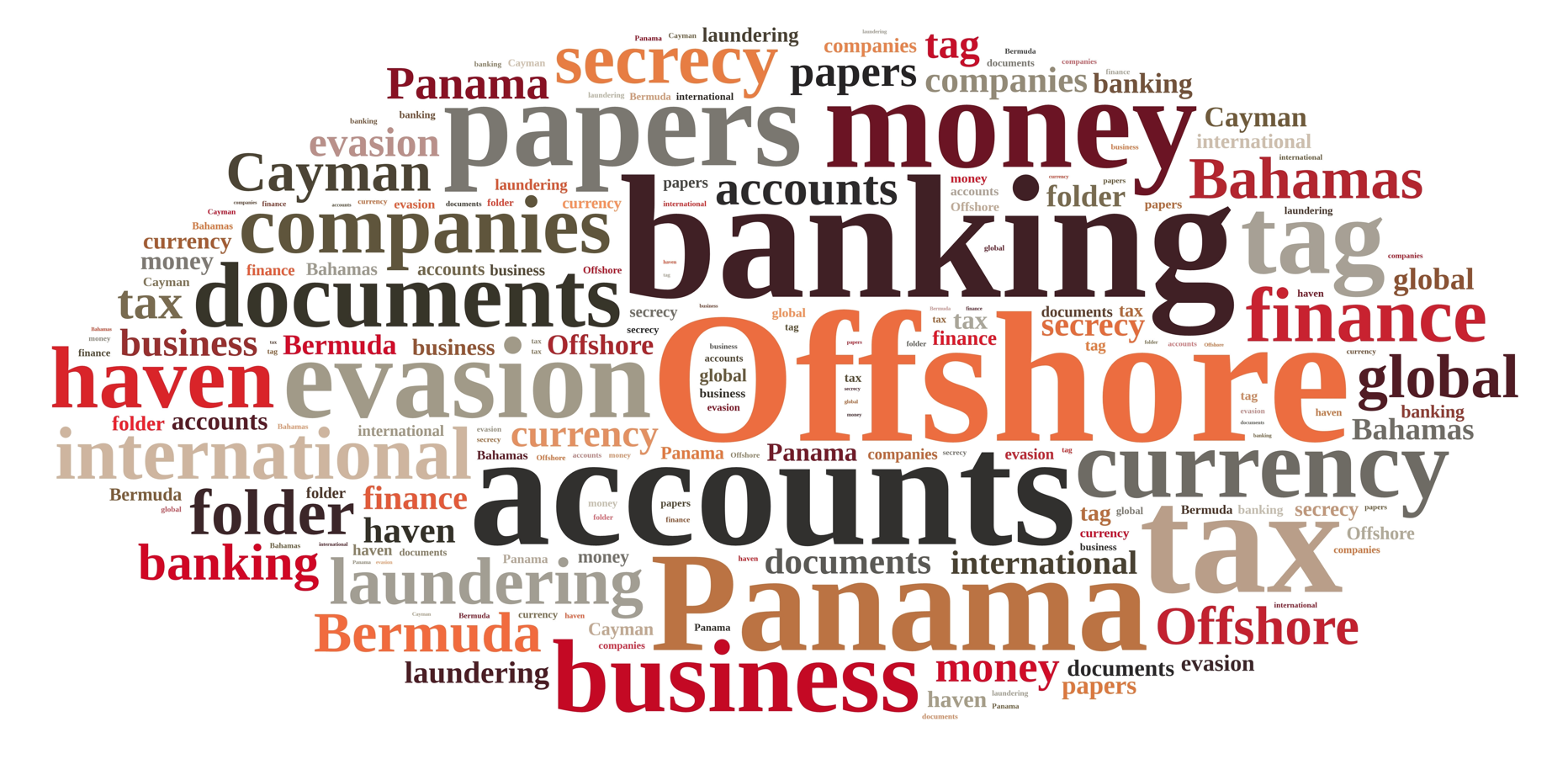
by John McCarthy Consulting Ltd. | Apr 10, 2022 | Blog, News
Auditors in Ireland would be forgiven for thinking that, apart from rising fuel costs, the war in Ukraine is far away and has few audit implications. This blog is attempting to highlight the requirement in recent changes to the audit standards for auditors to ‘stand back’, frequently mentioned by the Financial Reporting Council in recent publications.
In this case, while your audit clients may not have direct connections with Ukraine or with sanctions against Russia, there may be relationships through clients’ supply chains, clients’ customer base and clients’ overseas subcontractors that leave the business exposed to a potential negative impact – even as simple as the shortage of raw materials (E.G. VW group) and its wider implications for the European economy.
The war in Ukraine is evolving rapidly, as is the reaction by the Irish government and its international counterparts with sanctions against Russia. In this blog we take a look at some of the key implications that may impact on the work of auditors.
Auditor’s Risk Assessment (ISA 315) – the ISAs (Ireland) still apply. The risk assessment will need to reflect changes within the audited entity’s business and operating environment and whether there are any new risks, significant or otherwise such as business interruption that may impact the entity’s ability to continue as a going concern. This may drive additional disclosures about the impact of the war, changes to forecasts, future plans, or even the entity’s business model or strategy.
Groups – The situation may also impact on group audits and collecting audit evidence (ISA 500).
Sanctions and AML – accountants are urged to look hard at any connections with Russia among their client base and perform updated due diligence, thinking more about the spirit of the law and not just the letter of the law. Accountants are re-screening clients, looking at sanction lists beyond the EU, and considering clients with Russian connections where they do not appear on sanctions lists.
We will take a look at further audit implications of the war in the Ukraine, in next week’s blog.
Are your AML Policies Controls & Procedures up to date?
We have just released our latest Anti-Money Laundering Policies Controls & Procedures Manual (March 2022) – View the Table of Contents click here.
We have also just released an updated AML webinar (March 2022) available here, which accompanies the AML Manual. It explains the current legal AML reporting position for accountancy firms.
To ensure your letters of engagement and similar templates are up to date visit our site here where immediate downloads are available in Word format. A bulk discount is available for orders of five or more items if bought together.
For our latest Audit Quality Control Manual (October 2021) (implementing the latest Irish Audit & Accounting Supervisory Authority standards including ISQC1 on audit quality control) click here. View the Table of Contents here.

by John McCarthy Consulting Ltd. | Apr 10, 2022 | Blog, News
Here we look at a potential money laundering scenario that can arise in practice. You have been filing income tax returns for your client for many years. Just last week your client has volunteered a confession that she has been keeping money offshore in a Panamanian bank account, the existence of which has never been declared on her tax returns.
Normally tax evasion is a reportable money laundering offence. Is there something different that may apply here?
Section 46 (1) of the 2010 Act states that disclosure of information which is subject to legal privilege is not required. Known as the ‘privilege circumstances exemption’, ‘relevant professional advisers’ (defined as accountant, auditor or tax adviser who is a member of a designated accountancy body or of the Irish Institute of Taxation) may, in the course of their work, receive information and documents that are subject to legal privilege, e.g. when engaged by a legal professional to carry out work on behalf of a client or when approached directly by a client to deal with previously undeclared taxes. If Section 46 applies in these circumstances, no money laundering report needs to be filed.
Given the complexity of these matters – as well as the need for a considered and consistent approach to all decisions, supported by adequate documentation – it is recommended that they are always discussed with the MLRO and legal/professional advice is obtained in writing.
The reporting exemption is unlikely to apply if the existence of the Panamanian bank account came to light in the course of your work and was not initially volunteered by the client or if the client subsequently refuses to go ahead and file/pay the relevant taxes, having had your professional advice. then Section 46 will fall away and a money laundering suspicious transaction report (STR) will need to be filed by the MLRO.
More guidance on this topic is available in Part 7.4 of the recent CCAB-I Guidance called Technical Release 01-2019 (Updated March 2022).
Accountants should also consult the Code of Ethics (ACCA, CPA Ireland, Chartered Accountants Ireland) of their respective professional bodies for the implications of the lack of integrity of their client and consider the implications of withdrawing from the assignment. Withdrawal from the engagement and the professional relationship is not a substitute for taking other actions that might be needed to achieve the professional accountant’s objectives. Again obtaining professional and legal advice is a good idea.’
Are your AML Policies Controls & Procedures up to date?
We have just released our latest Anti-Money Laundering Policies Controls & Procedures Manual (March 2022) – View the Table of Contents click here.
We have also just released an updated AML webinar (March 2022) available here, which accompanies the AML Manual. It explains the current legal AML reporting position for accountancy firms.
To ensure your letters of engagement and similar templates are up to date visit our site here where immediate downloads are available in Word format. A bulk discount is available for orders of five or more items if bought together.
For our latest Audit Quality Control Manual (October 2021) (implementing the latest Irish Audit & Accounting Supervisory Authority standards including ISQC1 on audit quality control) click here. View the Table of Contents here.







